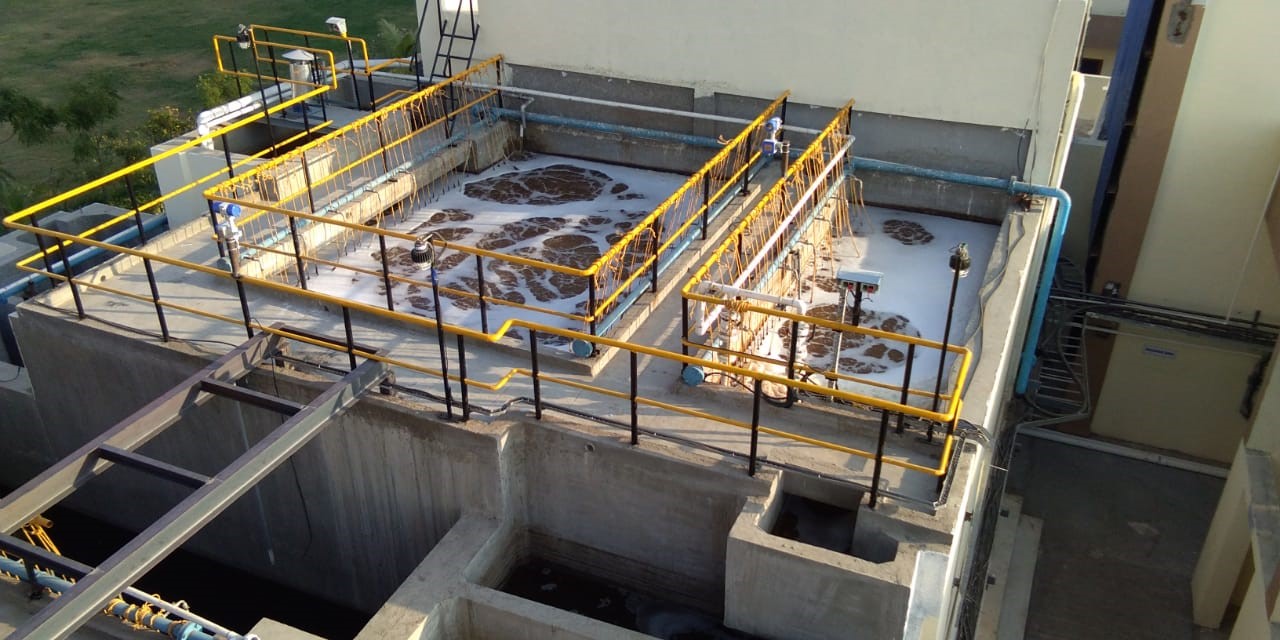“Jal Sanrakshn Kare ”
Water, the lifeblood of our planet, faces unprecedented challenges. As our global population surges toward nine billion by 2030, the demand for water intensifies. Climate change, urbanization, and industrial growth further strain this precious resource. In this context, water conservation becomes not just a choice but an imperative.
Water scarcity affects every facet of our lives. From agriculture to industry, from household needs to environmental balance, water plays a pivotal role. However, only a tiny fraction—about 1 percent—of Earth’s water is readily available for human use. The rest remains locked in glaciers, oceans, or underground aquifers. As we grapple with this reality, we must take concerted action to safeguard water for future generations.

